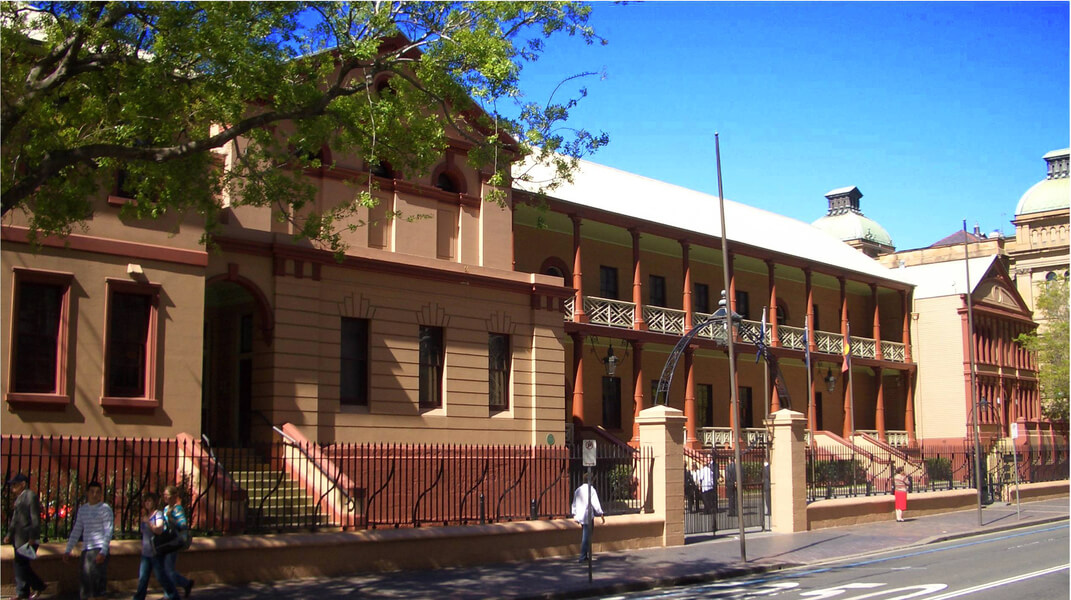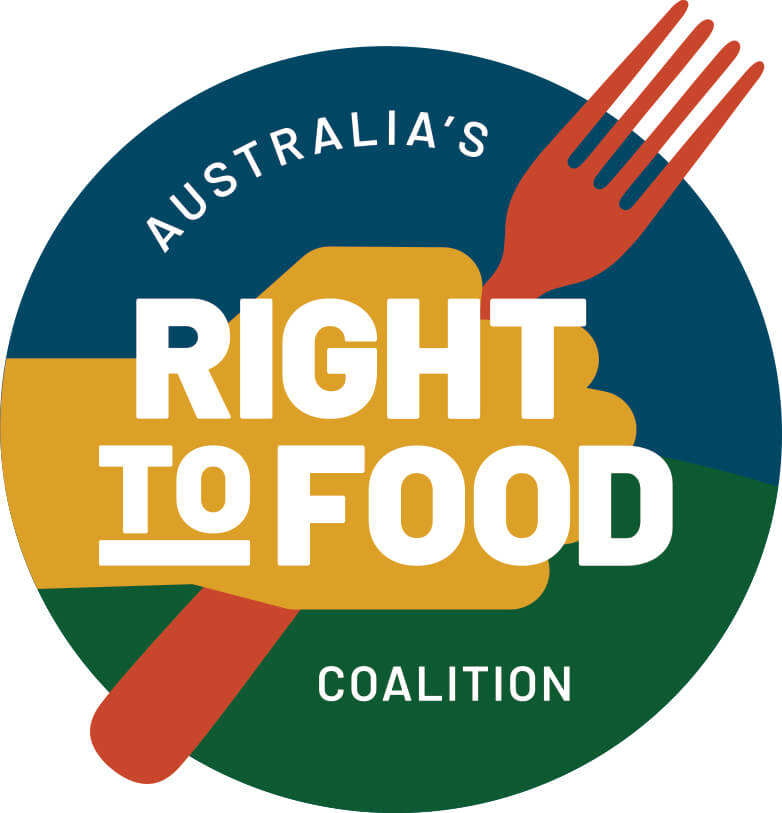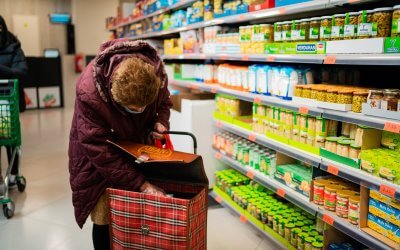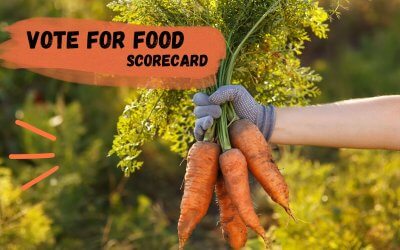In the middle of this year, I was called to be a witness for a parliamentary inquiry at New South Wales (NSW) Parliament House on a matter relating to my work. This was my first time participating in any parliamentary inquiry, and despite the usual jitters from trying something new, I found the experience both fascinating and worthwhile.
The experience got me thinking about the role parliamentary inquiries can play in developing policy relating to food security. There have been at least two recent NSW parliamentary inquiries related to food; one being on Fresh Food Pricing and the other on the Right to Farm Bill 2019. A recent call by Greens MP Alex Greenwich and City of Sydney Councillor Jess Miller to establish an inquiry about food insecurity in our COVID-19 world suggests this will potentially be an ongoing issue explored by the parliamentary process in NSW.
This blog takes a brief look at the two recent NSW parliamentary inquiries, and what we can learn from them.
Parliamentary Inquiry 1: Fresh Food Pricing in NSW
The Fresh Food Pricing inquiry was established in April 2018 to inquire into and report on the price of fresh food in NSW, as well as related matters such as food insecurity and food deserts. The inquiry attracted a range of submissions and witnesses, including from Australia’s Right to Food Coalition. The inquiry report and government response was tabled by mid-2019.
The evidence from the inquiry showed that the factors affecting the pricing and consumption of healthy foods are both complex and interactive. The price of fresh food was considered a major factor in people’s everyday eating patterns, with healthy options such as fresh fruit and vegetables being cut in times of financial stress. There were also geographical differences in healthy food affordability, with fresh food prices being much higher in rural and remote communities (notably Aboriginal populations) than metropolitan areas. There was wide recognition among inquiry participants that fresh food consumption is not simply related to pricing, but is affected by factors such as socioeconomic disadvantage, cost of living, lack of access to fresh food, pricing and power imbalances between growers and large retailers, climate change and extreme weather events, and loss of peri-urban agriculture in rapidly developing metropolitan areas.
There were 14 recommendations from the inquiry in respect to food pricing and food security, including:
- Developing a comprehensive approach to data collection, including healthy food basket surveys, food desert mapping and food price differentials.
- Examining the proposal to establish a NSW Commissioner for Agriculture.
- Looking at ways to embed health and wellbeing into the broader regional planning system, as well as protecting high quality agricultural land in peri-urban metropolitan areas.
- Investing in evidence-based school breakfast and lunch programs, food subsidy programs and healthy canteen strategies to address food insecurity among socially disadvantaged communities.
Parliamentary Inquiry 2: Right to Farm Bill 2019
The Right to Farm Bill 2019 inquiry was established in September 2019. This Bill sought to create a new Act to protect commercial farmers from nuisance claims, and to strengthen penalties for trespass offences. This was in direct response to two issues: firstly, to address conflicts between new landowners and established farming enterprises, principally in peri-urban areas; and secondly to address an increase in organised protests on farms across the state, largely by animal rights activists, which involved unlawful trespassing onto farms.
There was high public interest in the inquiry, which attracted over 390 submissions from individuals, industry peak bodies, government departments and non-government organisations. Inquiry participants raised a number of issues, including balancing the rights of farmers, neighbours and protestors, the cost of unlawful trespass on farmers, greater transparency around animal welfare, and the adequacy of existing trespass laws and penalties. It should be noted that many stakeholders who participated in this inquiry were strongly opposed to the Right to Farm Bill 2019. There were two main reasons for this: firstly, NSW Police data suggested that illegal hunting, rather than animal protests, were the main source of farm trespass, and, secondly, some believed that the legislation would hinder the ability of whistle blowers and protestors to shine a light on poor animal welfare practices by commercial farms.
The inquiry’s report was released in October 2019, with the NSW Right to Farm Act 2019 coming into force in November 2019.
What can we learn from food-related parliamentary inquiries?
There are a number of important functions of NSW parliamentary inquiries. In general, they provide detailed investigation of public matters of public interest, facilitate public participation in the parliamentary process, place a range of views on the public record, may attract broader media attention, hold the NSW government to account, and contribute to changes in policy and legislation.
The Fresh Food Pricing and Right to Farm Bill inquiries highlight a number of learnings specifically related to the food system. This includes:
- Issues relating to the food system are multidisciplinary and active input should be sought from government, industry and community stakeholders. Ongoing action and commitment is required from a range of government portfolios including health, planning, agriculture, transport and community services.
- A coordinated response across all government levels is needed to adequately address issues related to food insecurity. Recommendations from the Fresh Food Pricing inquiry, such as comprehensive data collection and monitoring, are not limited to NSW and highlight the need for federal government leadership and resourcing to make this a reality.
- Public matters explored in the parliamentary process are often politicised. The Right to Farm Bill 2019 inquiry focused on protecting commercial farmers from nuisance and trespass issues, rather than other equally important issues such as protecting agricultural land from urban development. The inquiry was strongly opposed by those who felt the rights of commercial farms would be privileged over the concerns of other voices. An ‘evidence-based’ approach, as well as considering and weighing up the lived experience and perspectives of all stakeholders, should be embraced to ensure a fair and balanced policy and legislative process.
As we continue to grapple with the COVID-19 pandemic, the issue of being able to access healthy and nutritious food will continue to be an issue for many in the community. Parliamentary inquiries are just one of the many ways to develop more equitable and sustainable food policies. Australia’s Right to Food Coalition welcomes the proposal by Alex Greenwich and Jess Miller to establish an inquiry into food insecurity in NSW and looks forward to more information about this proposal as it is released.
About the author
Amy Lawton is a member of the NSW RTF Organising Committee. A social researcher by day, she has undertaken research on community food programs, urban food strategies and mapping, community gardens and more recently, peri-urban agriculture in the Western Sydney region. Amy holds a Bachelor of Applied Science (Environmental Health) from Western Sydney University, a Master of Social Change and Development from University of Newcastle Australia and a Diploma of Business (Governance) through the Institute of Community Directors Australia.





